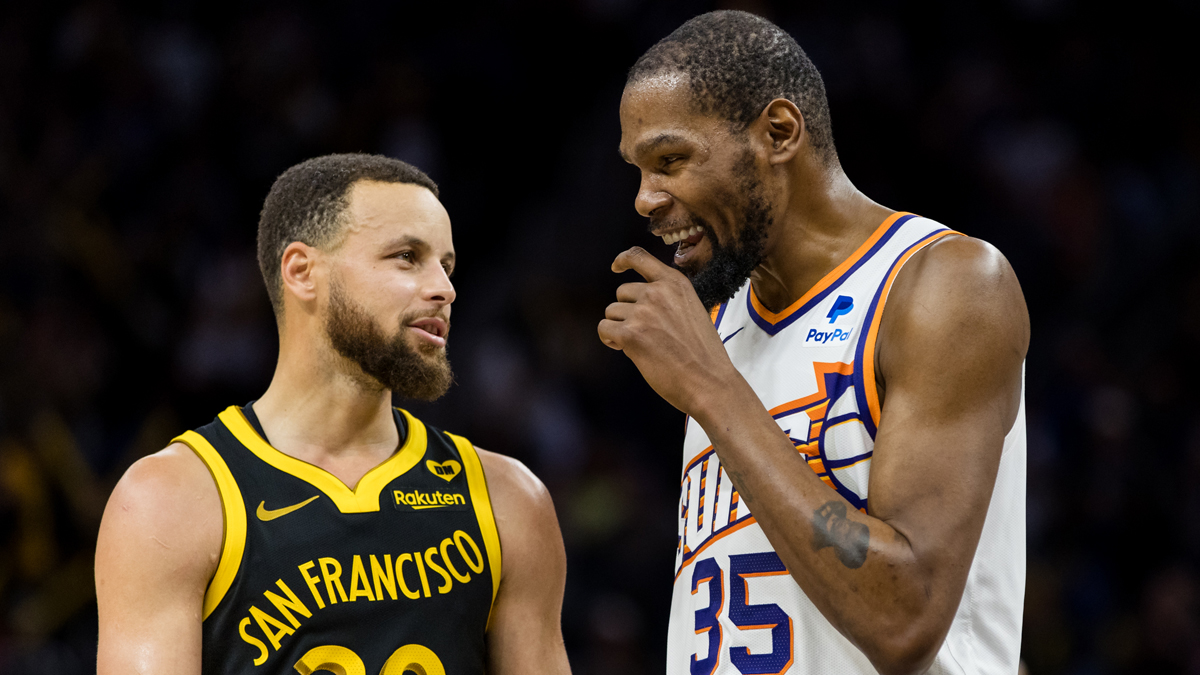Bill King would have found his entrance into the Baseball Hall of Fame for winning the Ford C. Frick Award for excellence in baseball broadcasting a satisfying but indisputably odd thing for him to receive 11 years after his death. He would have said, and I can guarantee this, “Well, my work must have dramatically improved in the last few years.”
And Hank Greenwald, Lon Simmons, Greg Papa and all his other broadcast partners would have laughed and nodded. King knew he was good and didn’t mind being recognized for it, but he wouldn’t miss the weird touch of being hailed for it after his passing.
Nor would he have missed the amusing notion that he won the award in his ninth time as a finalist. The A’s teams whose exploits he described for a quarter-century reached the postseason nine times but won the big only once, in 1989.
But there is an arrhythmic poetry in the notion that King’s final recognition went this way rather than while he was alive. The nation caught on to him late, if at all, and while he was the voice of all things Bay Area sports for 43 years between the Warriors, Raiders and A’s, he was happily non-telegenic, and thoroughly content with living outside the troika of national broadcasting circles (New York, Los Angeles, Chicago) of the time.
He did want to be thought of as he is today by a larger audience, because he was a man with a healthy respect for his own talent and work ethic, but he knew the deal when he took it, and he took it happily. He was allowed to be himself by three separate owners (which is three over the current national average, given that broadcasters are now given a daily party line that must be adhered to), and he took full advantage. Talent gets you that kind of freedom, and obstinacy in the face of control allows you to use it fearlessly.
And now it’s been noticed, ironically enough in the sport most people thought was his third best. The NBA’s Curt Gowdy Award, given since 1990, includes many of his contemporaries (Chick Hearn, Johnny Most, Al McCoy, Joe Tait, Bill Schonely, et. al.) but not him, and the NFL’s Pete Rozelle Radio-Television Award, given since 1989, is almost exclusively reserved for network TV announcers, though some of King’s radio compatriots (Buffalo’s Van Miller and Pittsburgh’s Myron Cope) have also won.
Sports
But baseball embraced the Internet vote first, and King got consistent support from Bay Area fans who kept his name alive through a number of failed attempts when the voting was done by the public; he won under a new system in which winners are selected by a 17-person panel, which many people thought was not his best constituency.
If King were alive and still active, he would have been properly appreciative, though one should not have been surprised had he pulled a Bob Dylan with the Nobel Prize people and skipped the induction ceremony next July: “Thanks for the award, but I’ll have been in New York the week before and I'm taking that weekend off to sit on the boat. Give (Hall of Fame director) Jeff Idelson a ‘Holy Toledo!’ for me, and pass that bottle over here.”
It’s how we would want him to want it, anyway.
